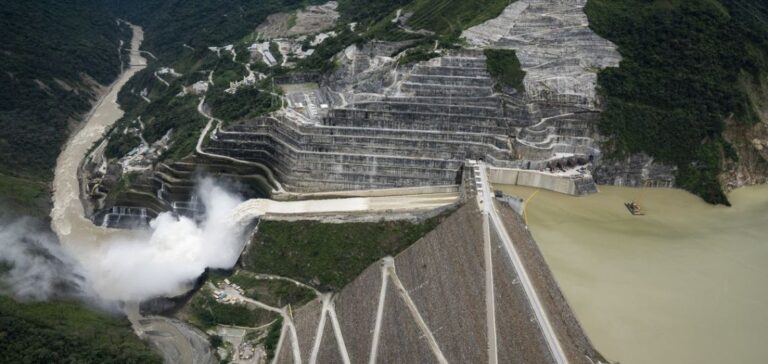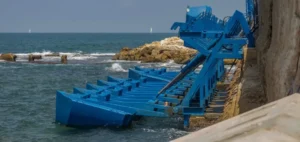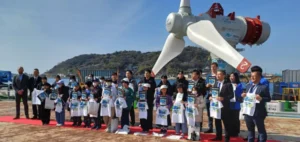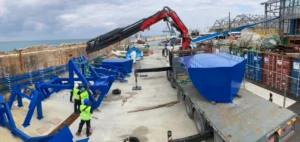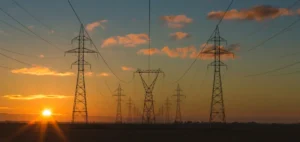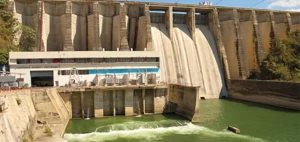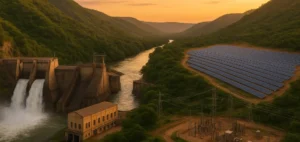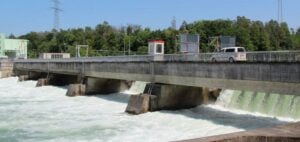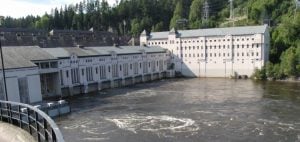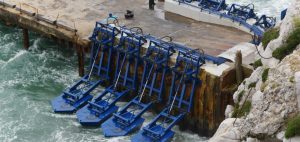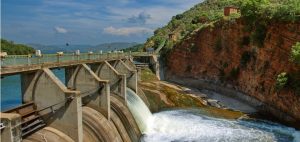Hidroituango, a hydroelectric plant in Colombia, of Empresas Públicas de Medellín (EPM) begins commercial operations.
A delayed start-up
Hidroituango is a 2.4GW hydroelectric plant located on the Cauca River in northwestern Colombia. The site is starting to supply 600MW of electricity to the grid. However, its entry into service is delayed by four years.
The mayor of Medellín, Daniel Quintero, in a message on social networks, states:
“We have done it. As we promised, we have brought Hidroituango online. From that moment on, it ceases to be a project and becomes the Ituango hydroelectric plant, which will produce energy for the whole country.”
The announcement comes after successful simulation tests with a maximum power load. The exercise required the preventive evacuation of 4200 people from the municipalities of Ituango, Briceño, Tarazá and Valdivia.
These towns are located downstream of the Hidroituango power plant reservoir. EPM reports that the tests were conducted under the supervision of the National Disaster Risk Management Agency. In addition, the licensing authority ANLA and the Attorney General’s office also oversaw the testing.
A necessary plant
Carlos Orduz, EPM’s director of power generation, says:
“These two Ituango units allow us to surpass the 4,000 MW of power EPM already produces today, which represents clean, high-quality energy that contributes to the country’s competitiveness and productivity.”
Located in the department of Antioquia, Ituango was suffering from a series of construction problems. Indeed, an auxiliary tunnel collapsed in April 2018, eight months before the Hidroituango plant was commissioned.
In addition, EPM claims to have avoided multi-million dollar fines. Indeed, the company anticipated the start of commercial operations, despite the difficulties. Moreover, the announcement came just hours before the deadline imposed by the energy regulator.
The majority shareholder of EPM is the city of Medellín. The company’s goal is to have the project fully operational by 2024. Thus, Hidroituango will be able to supply 17% of Colombia’s electricity demand from eight units.

